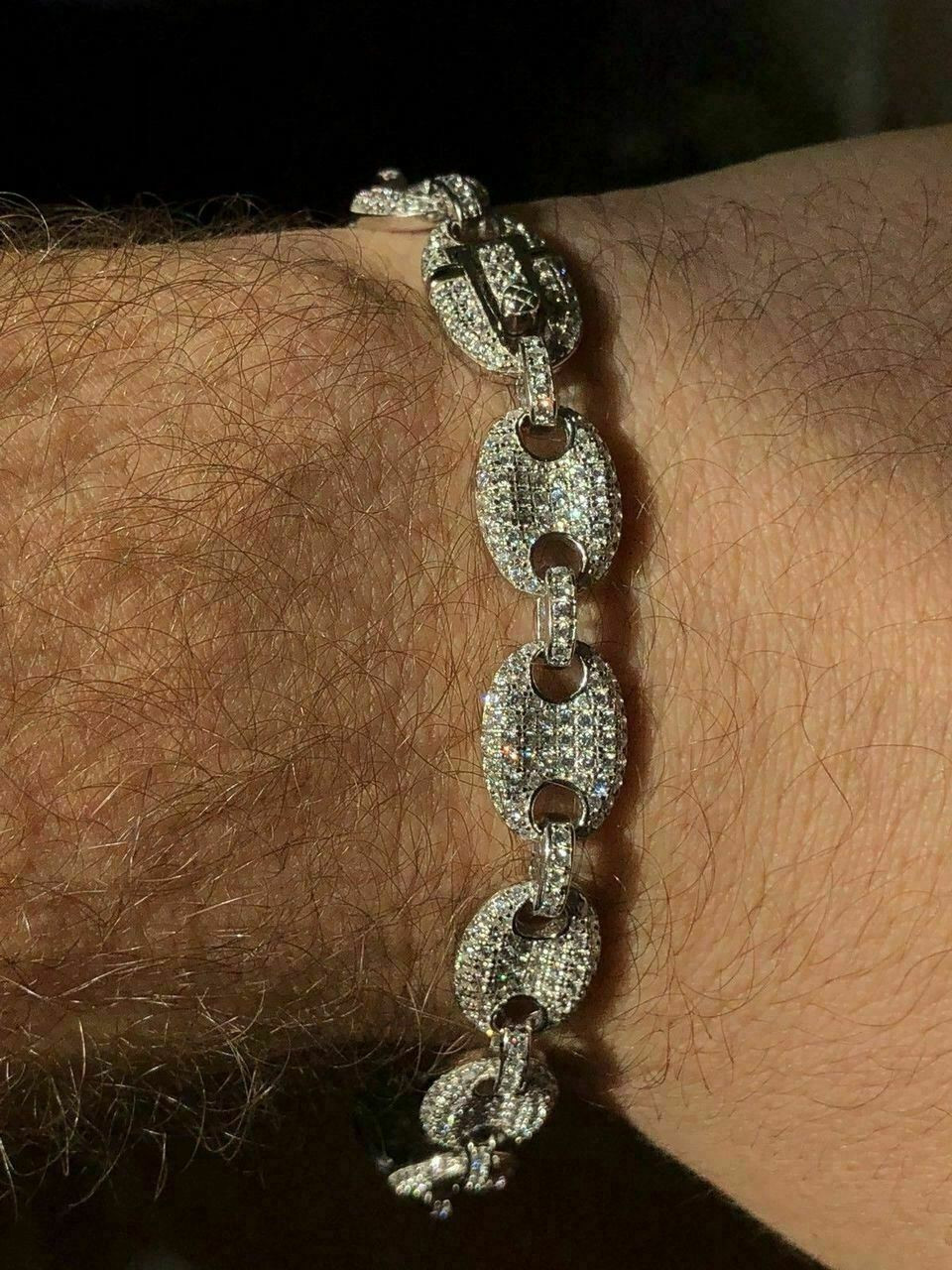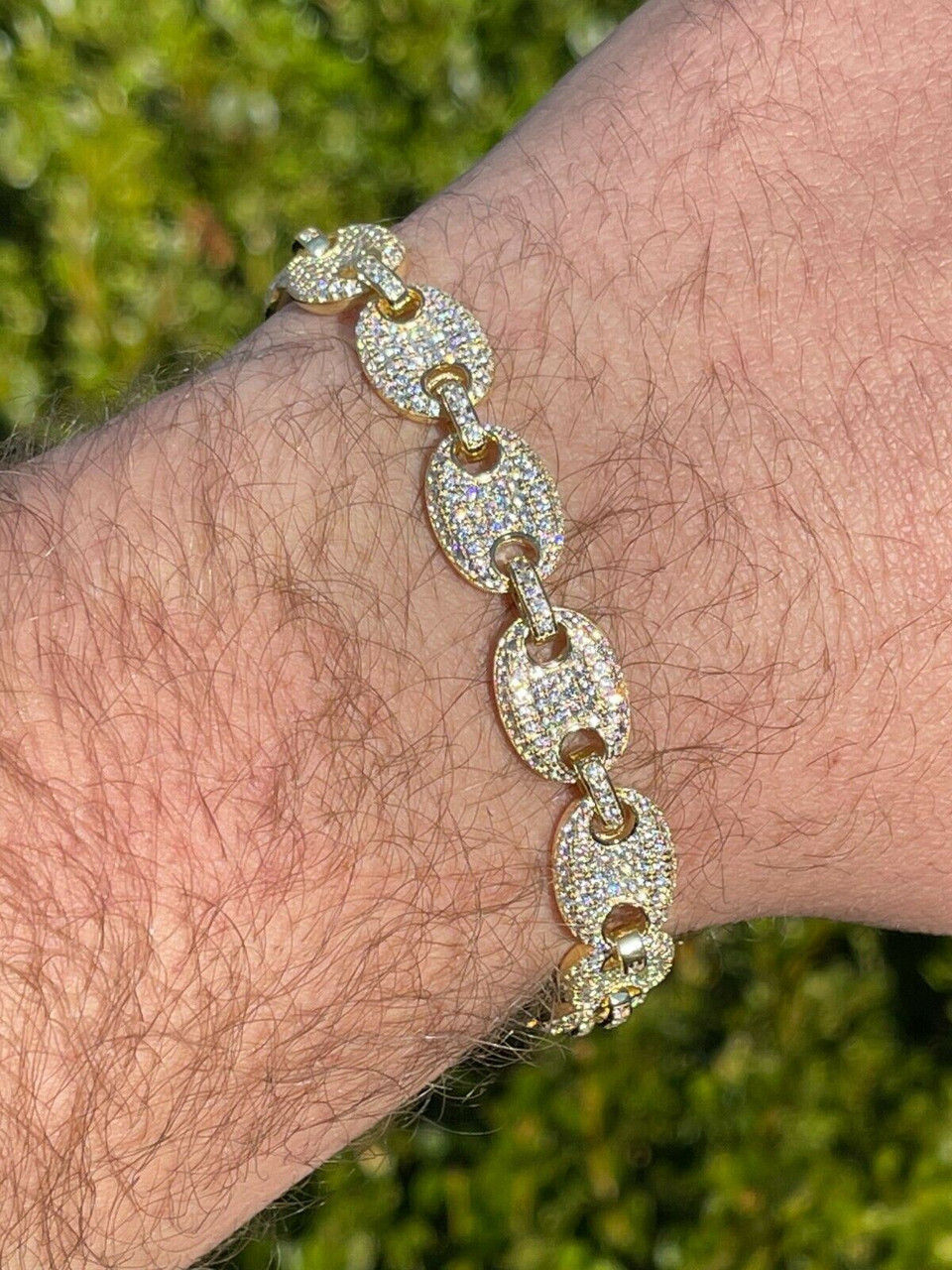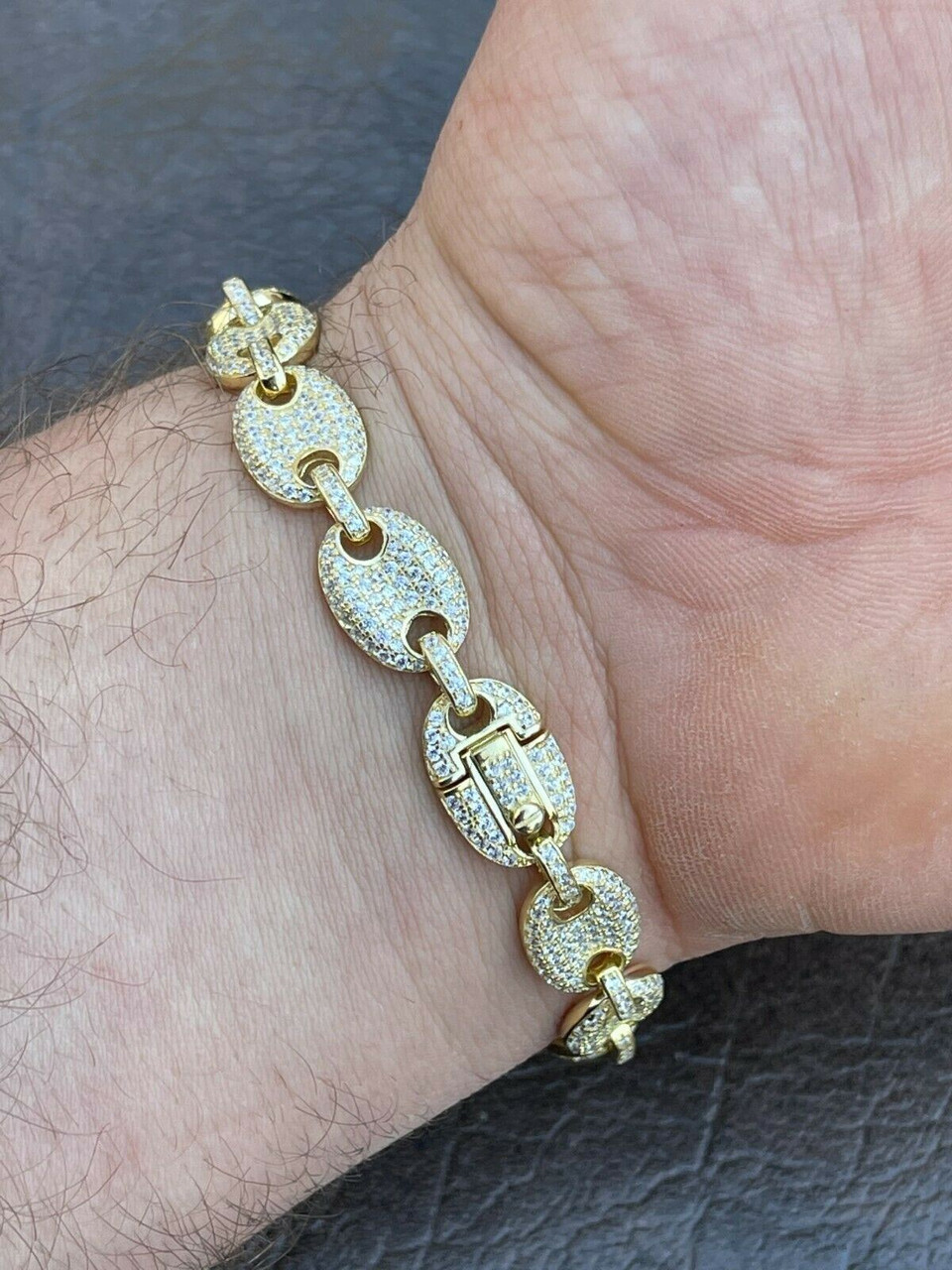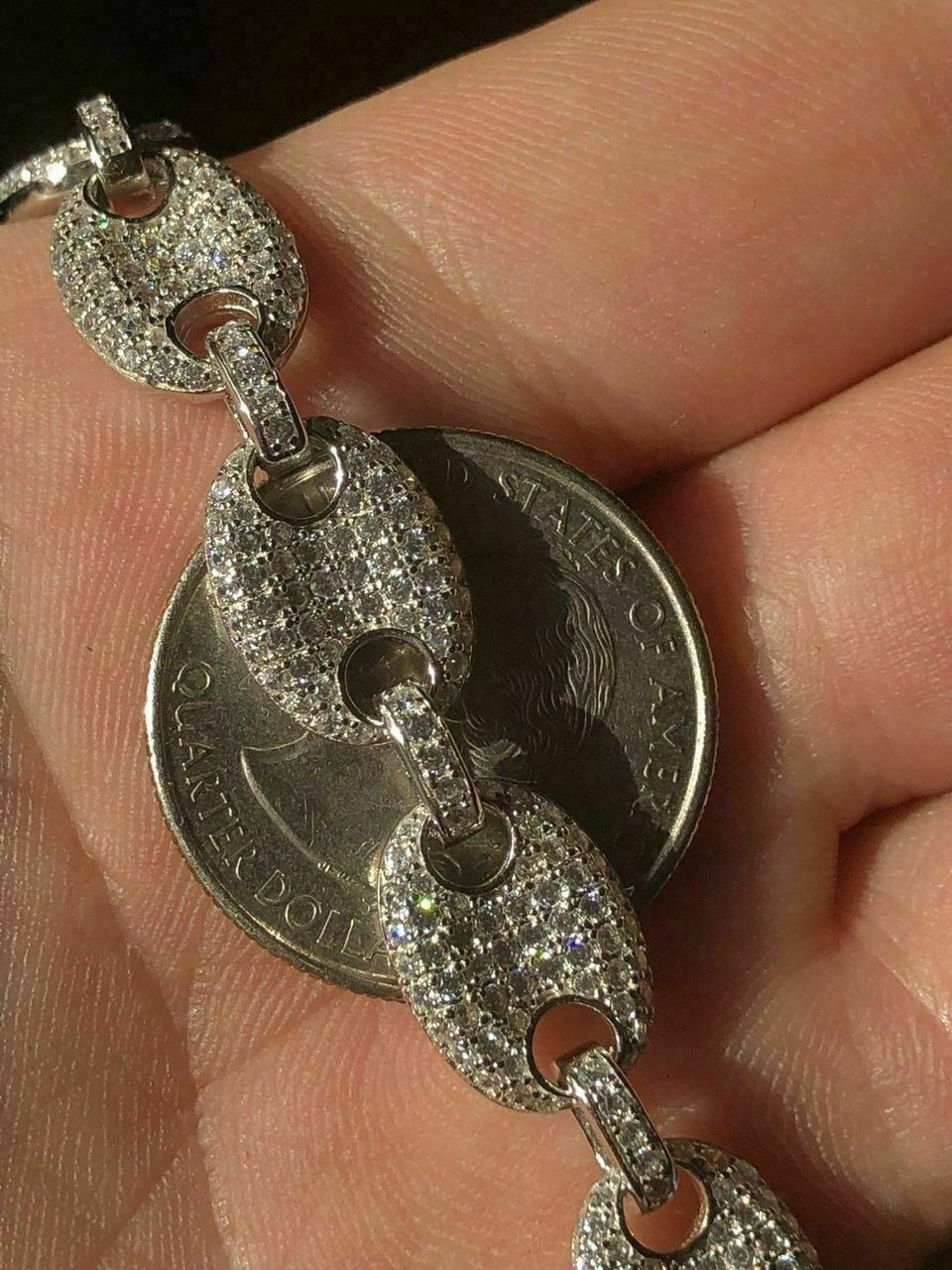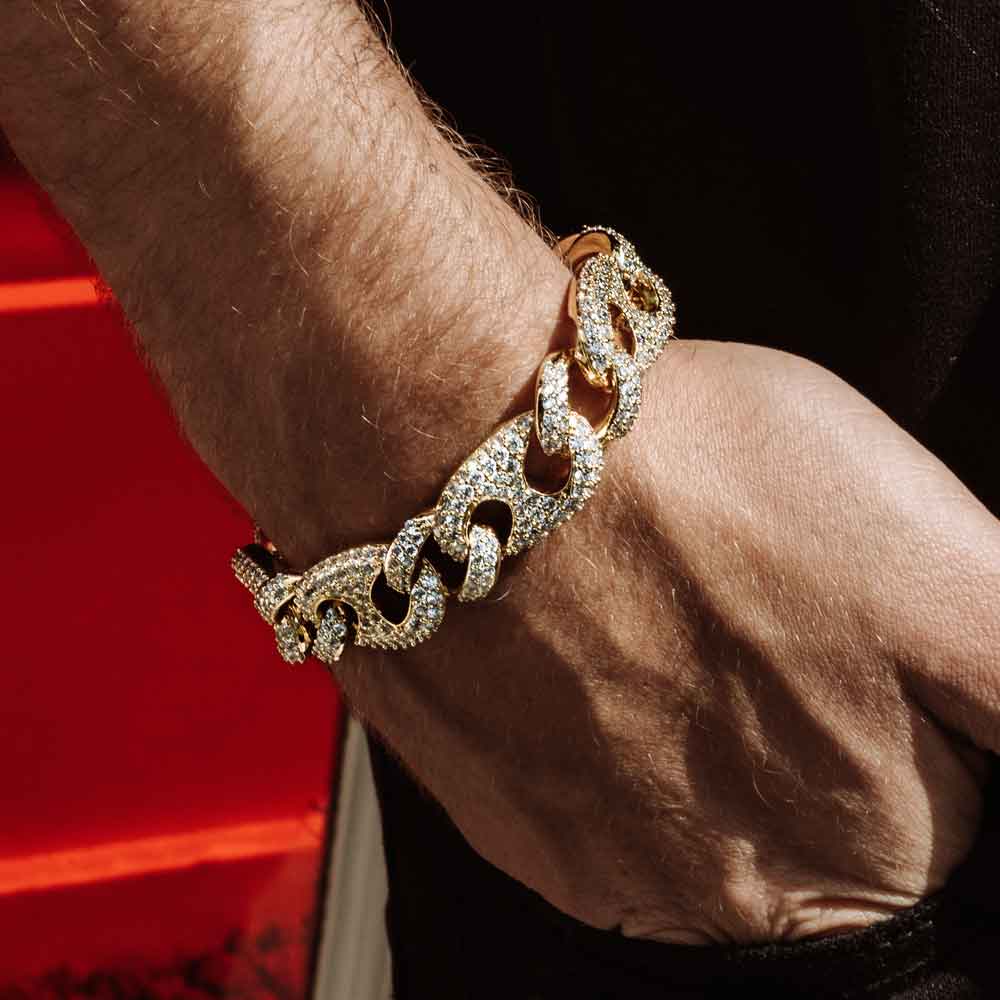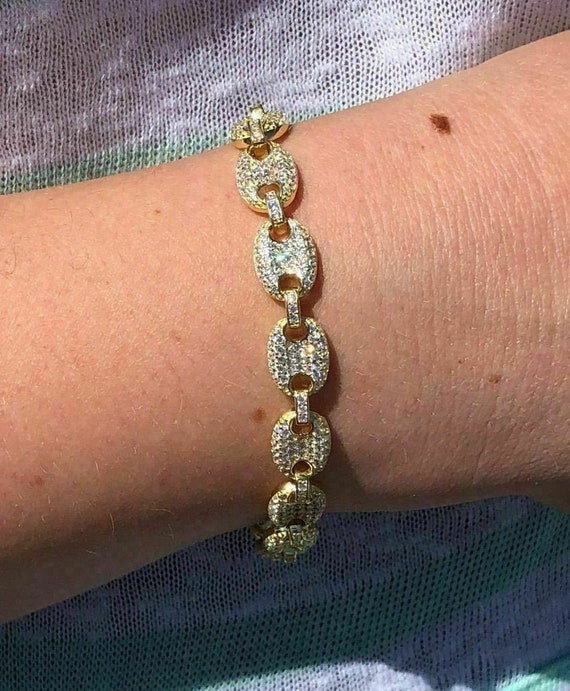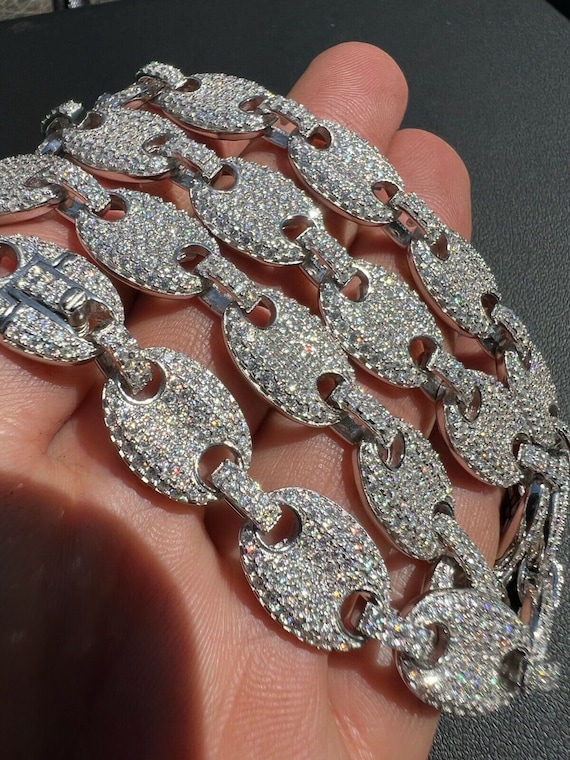Iced Out Puffy Gucci Bracelet Silver925
(税込) 送料込み
商品の説明
商品説明
新品Silver925IcedOutPuffyGucciBracelet
購入先:NewYorkJwellyShopBOSSMAN
先月NewYorkに行った際買い付けた物になります。
こちらはstainlessではなくSilver925ですのでメッキが剥がれたりすることはございません。
20gオーバーですので手に取った時の重量感もしっかりあり石の輝きもとても綺麗です。
日本では925で珍しいデザインとなります。
USでは人気なデザインとなり在庫限りとなりますのでこの機会に是非!
SterlingSilver(925)
CubicZirconia
20.5cm
20.59g
重さ違いの同様のスタイルも出品しておりますので2連でつけてもかっこいいです!
2setでご購入いただくとお値下げいたします!
ブランドはAvalancheをお借りしています。
13500円Iced Out Puffy Gucci Bracelet Silver925メンズアクセサリー14k Gold Real 925 Sterling Silver Mens Iced Puffed Gucci LinkMens 10mm Puffed Gucci Link Bracelet Real Solid 925 Sterling
Mens 10mm Puffed Gucci Link Bracelet Real Solid 925 Sterling
Mens 10mm Puffed Gucci Link Bracelet Real Solid 925 Sterling
14k Gold Real 925 Sterling Silver Mens Iced Puffed Gucci Link
Mens 10mm Puffed Gucci Link Bracelet Real Solid 925 Sterling
14k Gold Real 925 Sterling Silver Mens Iced Puffed Gucci Link
14k Gold Real 925 Sterling Silver Mens Iced Puffed Gucci Link
14k Gold Real 925 Sterling Silver Mens Iced Puffed Gucci Link
ICED Moissanite Gucci Link Bracelet 12mm Hip Hop 925 Silver Pass Diamond Tester
14k Gold Real 925 Sterling Silver Mens Iced Puffed Gucci Link
14k Gold Real 925 Sterling Silver Mens Iced Puffed Gucci Link
Mens 12mm Gucci Link Bracelet Solid 925 Sterling Silver ICY CZ 6-9
Mens Womens 12MM Iced Out MOISSANITE Puffed Mariner Chains 925
Mens 10mm Puffed Gucci Link Bracelet Real Solid 925 Sterling
Iced Gucci Link Bracelet Solid 925 Silver Out Moissanite Passes
MOISSANITE Men's or Women's 8MM Iced Out Solid 925 Sterling Silver
Puff Gucci Link Chain Out ICED Moissanite Pass Diamond Test 925
ICED Moissanite Puff Gucci Link Chain 12mm Hip Hop 925 Silver
Men's Women's Iced Out 12MM Puffed Mariner Link Bracelet Simulated
Men's Women's 8mm Gucci Link Bracelet Solid 925 Sterling Silver
Diamond Puff Cuban Link Bracelet
925 Sterling Silver Micro Pave 10mm Iced Out Puff Mariner Chain
925 Sterling Silver Round Cut Simulated Diamond Puffed Gucci Link Bracelet Men's
Iced Gucci Link Bracelet Solid 925 Silver Out Moissanite Pass
Men's Women's Iced Out 8MM Puffed Mariner Link Bracelet Simulated
925 Sterling Silver Micro Pave 10mm Iced Out Puff Mariner Chain
Puff Gucci Link Chain Out ICED Moissanite Pass Diamond Test 925
ICED Moissanite Gucci Link Bracelet 12mm Hip Hop 925 Silver Pass
Iced out gucci link mariner link bracelet 18mm Full white gold
ICED Moissanite Gucci Link Bracelet 12mm Hip Hop 925 Silver Pass Diamond Tester
Puff Gucci Link Chain Out ICED Moissanite Pass Diamond Test 925
Mens Womens 12MM Iced Out MOISSANITE Puffed Mariner Chains 925
Silver Chain - Silver Iced Out Puff Chain – FrostNYC
Men's Mariner Gucci Link Chain ICED Man Diamond 14k Gold Over 925
925 Sterling Silver Micro Pave 10mm Iced Out Puff Mariner Chain
Puff Gucci Link Chain Out ICED Moissanite Pass Diamond Test 925
925 Sterling Silver Micro Pave 10mm Iced Out Puff Mariner Chain
New Iced Out Bling Hip Hop Gold Silver Color CZ Paved Puffed Marine Link Chain Bracelet Coffee Bean Chain Mens Women Jewelry
Pre-owned Harlembling Iced Moissanite Puff Gucci Link Chain 12mm
Mens Miami Cuban Iced Gucci Link Bracelet Solid 925 Silver Hip Hop CZ Hip Hop
商品の情報
メルカリ安心への取り組み
お金は事務局に支払われ、評価後に振り込まれます
出品者
スピード発送
この出品者は平均24時間以内に発送しています



